It is satisfying to make the last payment on a loan or to pay off large credit card balances. You have peace of mind and are closer to financial freedom. There are two types of credit – revolving credit and installment credit.
Revolving credit extends credit with a spending limit and no end time. Installment credit offers a fixed amount to be repaid over a specified time. Regardless of the type of debt, you usually pay interest on outstanding balances.
The sooner debts are paid, the less money comes out of your pocket. Some people are surprised to learn that paying off debt does not instantly increase a credit score. Getting rid of revolving credit, such as credit card balances, reduces the credit utilization rate. Closing some lines of credit can temporarily ding a credit score. Paying off installment loans, such as mortgages and car loans, can also harm the credit score.
A drop in a credit score can be frustrating while you are making a wise financial decision. Do not get discouraged before you understand why it happens and its importance in the long run. Here are reasons a score may drop when paying off an installment loan.
Reasons Credit Card Scores Drop After Paying Off an Installment Loan
Lenders like to see the ability to manage various kinds of debt. Ten percent of the FOCO score relates to the mix of credit a person has. If you pay off the only installment loan, you lose some points. The percentage of balances on all open credit accounts changes when an installment loan is paid off.
One less account is used to determine the percentage owed against all accounts. It could also be a coincidence that a credit score decreases immediately after paying off an installment loan.
Many factors impact a credit score, like applying for a new credit card or loan or increasing the balance on a high-interest credit card. A dip in a credit score caused by paying off an installment debt is likely minor and temporary.
Continue the Goal of Paying Off Debt
Do not keep an installment loan open to maintain a high credit score. You do not want to pay interest to save a few points. Your score will bounce back. The average time to recover a credit score after closing an account is three months for people with poor to fair ratings.
The time needed to raise a score depends on the reason for the needed boost. Maintaining a healthy credit score requires patience for those who hurt credit worthiness through bankruptcy or missed payments. Payment history is an influential credit score factor. The fastest route to score improvement is making a series of on-time monthly payments.
Raising a Credit Score Depends on the Starting Point
A credit score is not a judgment call. It is determined with a formula that considers five factors. In order of importance, they are
- 35 percent payment history
- 30 percent credit utilization
- 15 percent length of credit history
- 10 percent credit mix
- 10 percent new credit
Consistent payment history is the most influential factor. New credit cards are an excellent opportunity to exhibit that performance. Each month a credit card bill is paid on time, the credit score bumps up a bit. A routine of on-time payments helps grow credit worthiness quickly.
The credit utilization ratio is a ratio of debt to available credit. The ratio should be between ten and 30 percent to maintain good standing. Getting a credit limit increase or opening new credit card accounts helps but so does paying off outstanding balances.
Length of credit history is the average age of credit accounts. The longer an account is open, the better it is. Avoid closing old credit card accounts. Adding new types of debt like auto or personal loans gives a healthier credit mix and raises a credit score. If you can make the payments, other debt is typically beneficial. Do not apply for multiple credit sources simultaneously. Credit issuers see that as a red flag.
It may take years to rebuild credit for those trying to boost a credit score due to a major financial issue, such as a loan turned over to a collection agency, declared bankruptcy, missed loan, or credit card payment. It requires hard work, including sticking to a budget and reducing spending to make timely, consistent monthly payments.
Length of Time Needed to Raise a Credit Score
A combination of aspects impacts how long it takes to raise a credit score. There is no precise approach to determining a timeline. Estimated times of recovery are
- 30 to 90 days late on mortgage payment – nine months
- Applying for a new credit card – three months
- Bankruptcy – six or more years
- Closing credit card account – three months
- Maxed credit card account – three months
- Missed or defaulted payment – 18 months
- Home foreclosure – three years
Things to Do to Raise a Credit Score
Improving credit utilization has the quickest impact on a credit score. Paying down debt, opening a new credit account, or increasing the credit limit are steps to take. Others suggested for the journey to an improved score include
- Making payments on time
- Removing negative or incorrect information from credit reports
- Holding old accounts
- Becoming authorized to use the credit card account of someone else
- Using a secured credit card
- Reporting utility and rent payments to credit reporting agencies
- Minimizing credit inquiries
There is no better time than now to address improving a credit score. Carefully assess financial needs and make on-time payments to build strong credit. Financial recovery takes time. A proactive approach tackles the process and eventually improves credit scores.
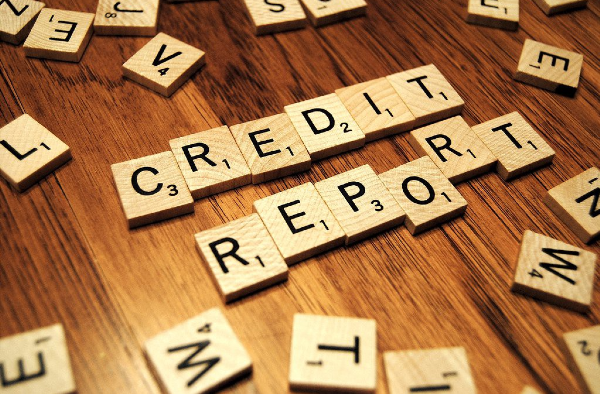

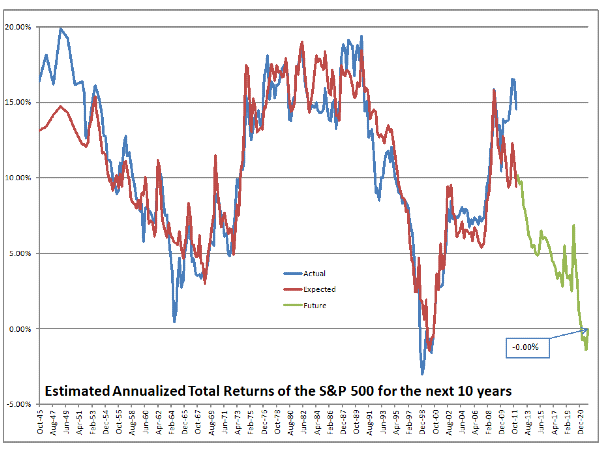

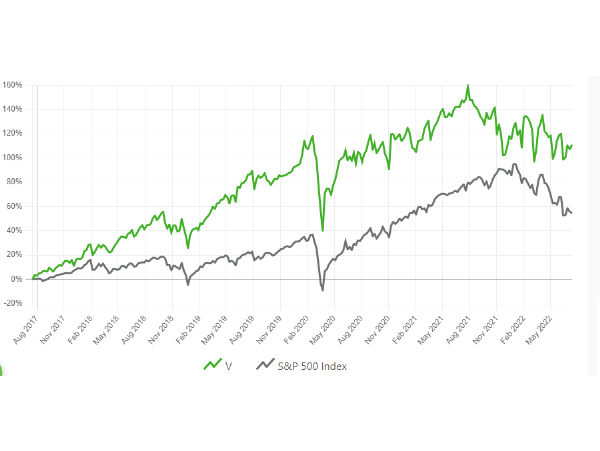


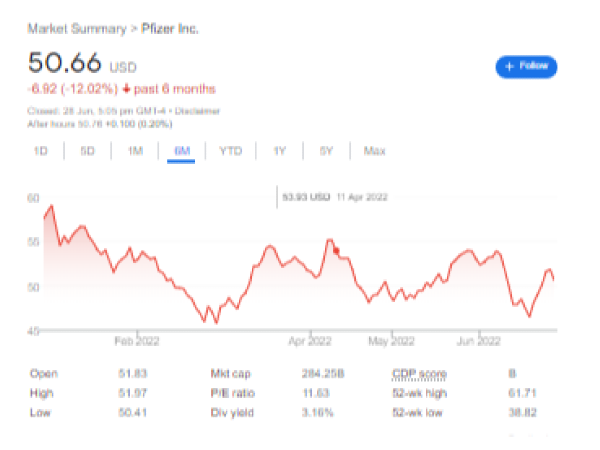
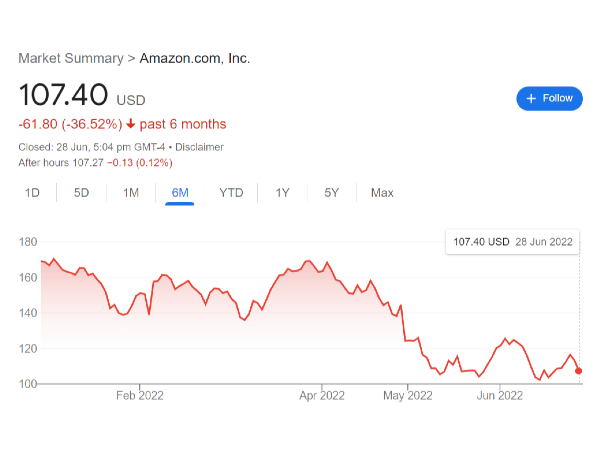





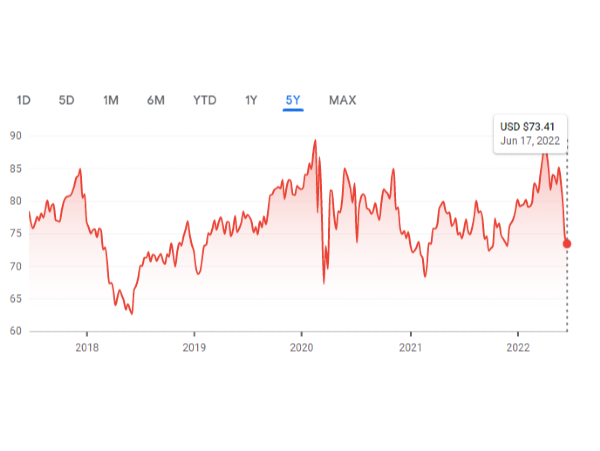


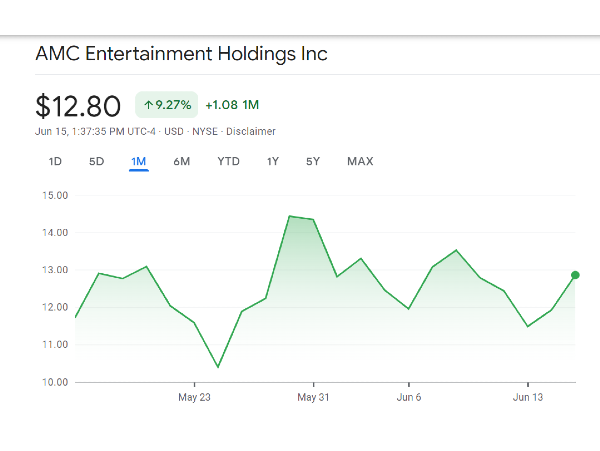


It is satisfying to make the last payment on a loan or to pay off large credit card balances. You have peace of mind and are closer to financial freedom. There are two types of credit – revolving credit and installment credit.
Revolving credit extends credit with a spending limit and no end time. Installment credit offers a fixed amount to be repaid over a specified time. Regardless of the type of debt, you usually pay interest on outstanding balances.
The sooner debts are paid, the less money comes out of your pocket. Some people are surprised to learn that paying off debt does not instantly increase a credit score. Getting rid of revolving credit, such as credit card balances, reduces the credit utilization rate. Closing some lines of credit can temporarily ding a credit score. Paying off installment loans, such as mortgages and car loans, can also harm the credit score.
A drop in a credit score can be frustrating while you are making a wise financial decision. Do not get discouraged before you understand why it happens and its importance in the long run. Here are reasons a score may drop when paying off an installment loan.
Reasons Credit Card Scores Drop After Paying Off an Installment Loan
Lenders like to see the ability to manage various kinds of debt. Ten percent of the FOCO score relates to the mix of credit a person has. If you pay off the only installment loan, you lose some points. The percentage of balances on all open credit accounts changes when an installment loan is paid off.
One less account is used to determine the percentage owed against all accounts. It could also be a coincidence that a credit score decreases immediately after paying off an installment loan.
Many factors impact a credit score, like applying for a new credit card or loan or increasing the balance on a high-interest credit card. A dip in a credit score caused by paying off an installment debt is likely minor and temporary.
Continue the Goal of Paying Off Debt
Do not keep an installment loan open to maintain a high credit score. You do not want to pay interest to save a few points. Your score will bounce back. The average time to recover a credit score after closing an account is three months for people with poor to fair ratings.
The time needed to raise a score depends on the reason for the needed boost. Maintaining a healthy credit score requires patience for those who hurt credit worthiness through bankruptcy or missed payments. Payment history is an influential credit score factor. The fastest route to score improvement is making a series of on-time monthly payments.
Raising a Credit Score Depends on the Starting Point
A credit score is not a judgment call. It is determined with a formula that considers five factors. In order of importance, they are
Consistent payment history is the most influential factor. New credit cards are an excellent opportunity to exhibit that performance. Each month a credit card bill is paid on time, the credit score bumps up a bit. A routine of on-time payments helps grow credit worthiness quickly.
The credit utilization ratio is a ratio of debt to available credit. The ratio should be between ten and 30 percent to maintain good standing. Getting a credit limit increase or opening new credit card accounts helps but so does paying off outstanding balances.
Length of credit history is the average age of credit accounts. The longer an account is open, the better it is. Avoid closing old credit card accounts. Adding new types of debt like auto or personal loans gives a healthier credit mix and raises a credit score. If you can make the payments, other debt is typically beneficial. Do not apply for multiple credit sources simultaneously. Credit issuers see that as a red flag.
It may take years to rebuild credit for those trying to boost a credit score due to a major financial issue, such as a loan turned over to a collection agency, declared bankruptcy, missed loan, or credit card payment. It requires hard work, including sticking to a budget and reducing spending to make timely, consistent monthly payments.
Length of Time Needed to Raise a Credit Score
A combination of aspects impacts how long it takes to raise a credit score. There is no precise approach to determining a timeline. Estimated times of recovery are
Things to Do to Raise a Credit Score
Improving credit utilization has the quickest impact on a credit score. Paying down debt, opening a new credit account, or increasing the credit limit are steps to take. Others suggested for the journey to an improved score include
There is no better time than now to address improving a credit score. Carefully assess financial needs and make on-time payments to build strong credit. Financial recovery takes time. A proactive approach tackles the process and eventually improves credit scores.